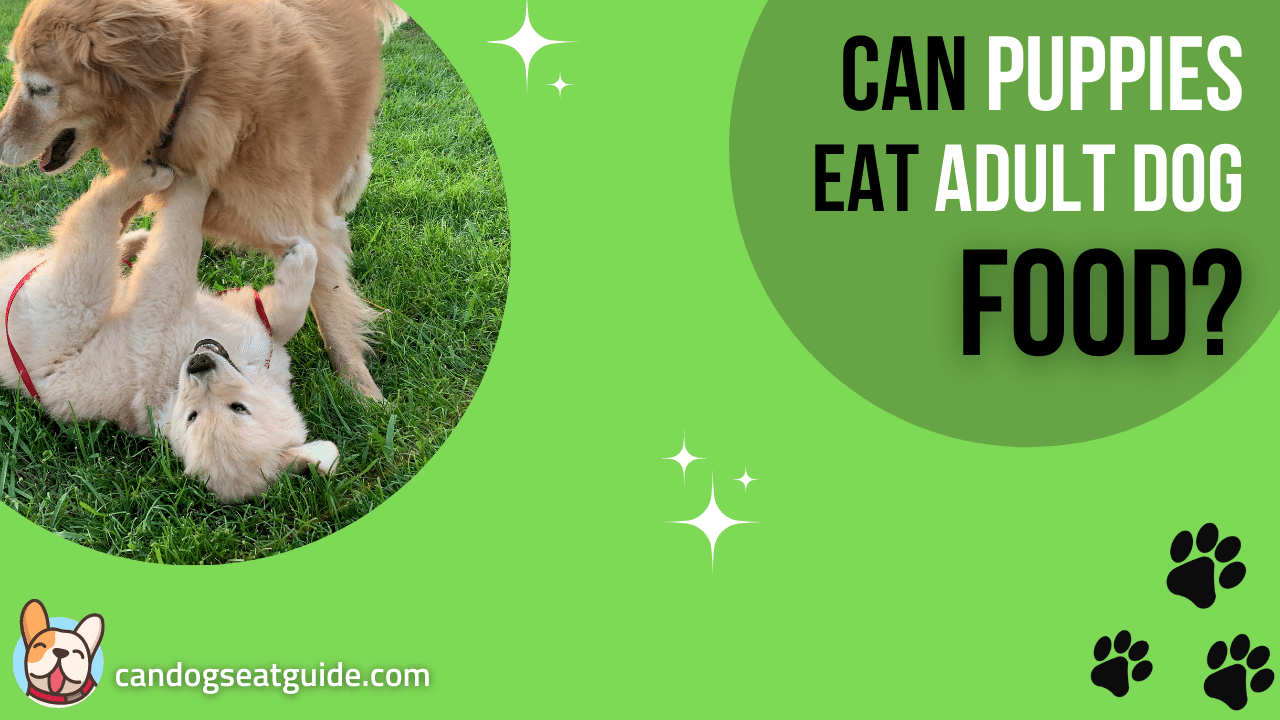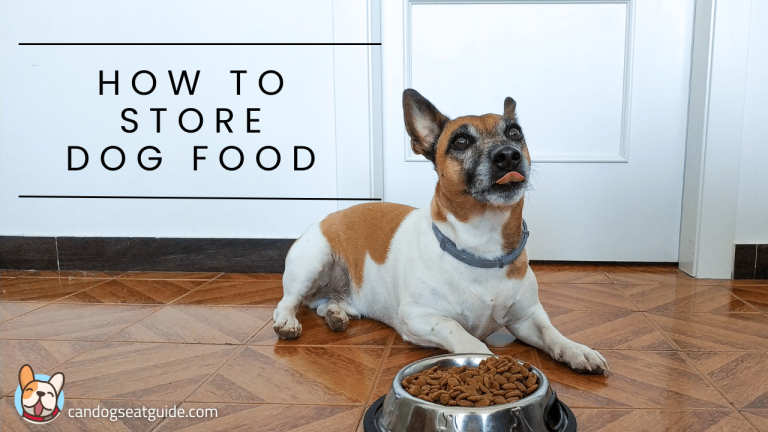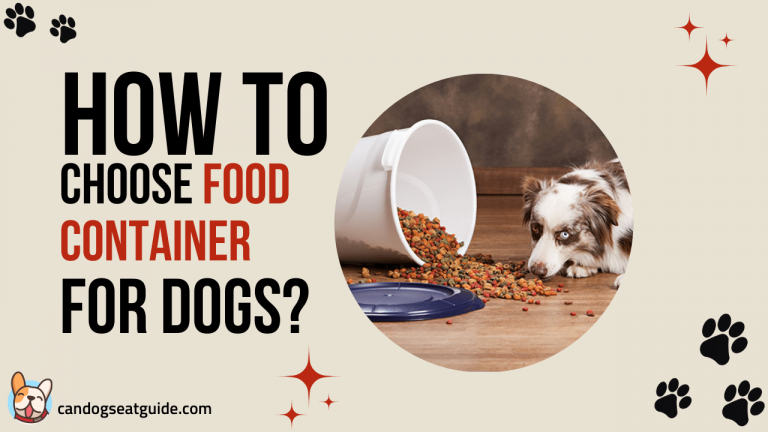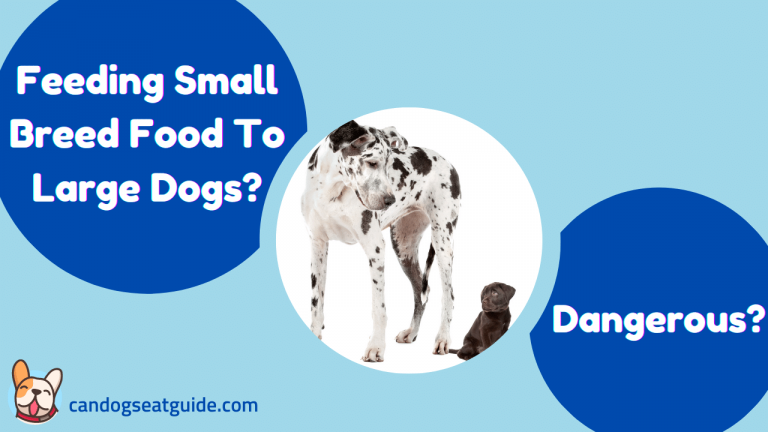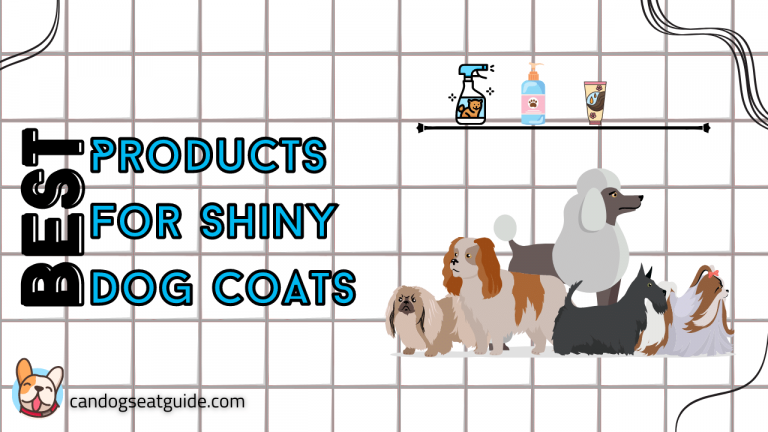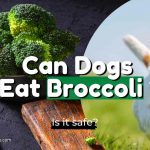Are you having a new addition to your family – a puppy? Are you wondering what kind of food you should buy? Are you thinking if your puppy is enough big to switch to adult dog food?
Or maybe,
You have run out of food for your puppy but you have some adult dog food. And you are like what can happen if my puppy once eats adult dog food?
No matter if you are a new puppy parent or a parent of more dogs and one of them is in the puppy stage, this article is for you. At the end of the article, you will find when you should change puppy food to adult dog food and how.
So, let’s see if Can puppies eat adult dog food.
Nutritional Needs
I want to start this article a bit differently and not directly answer the question as I want you to understand why you should do it or why you shouldn’t do it. That’s why I start with nutritional needs.
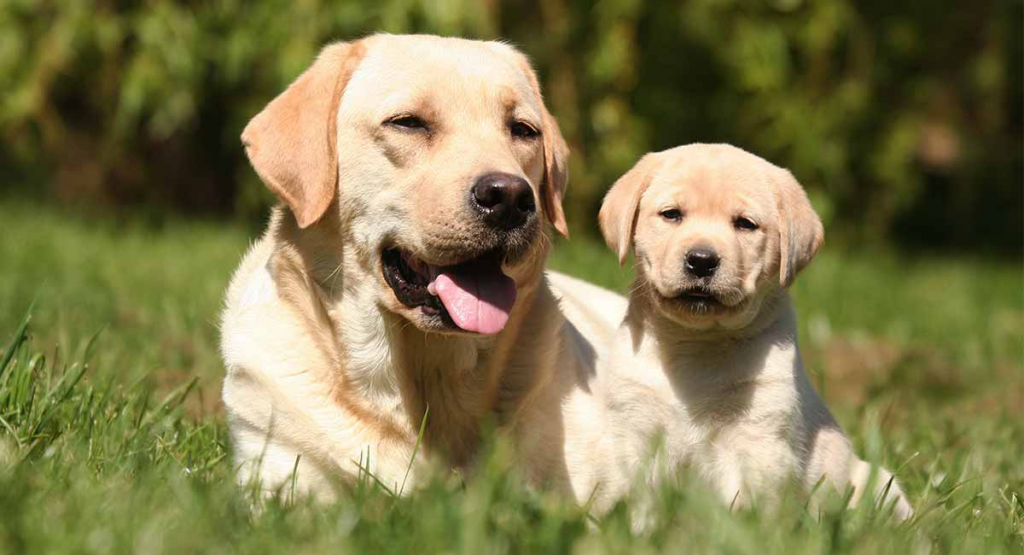
You may know or you may not know but as people in different stages of their life need different amounts of fat, protein, carbohydrates, vitamins, and minerals, absolutely the same goes for dogs.
There are 3 stages of a dog’s life. In the first stage, dogs are called puppies as they are still babies, then they go into the adulthood stage, and they finish their life as senior dogs. In these 3 stages, dogs need all macronutrients that they can get from their food. And this time I don’t talk about some treats from human food like – spinach, tomato, watermelon, or honey. I talk about the food that is specially made for them.
But in this article, we will talk more about puppyhood and adulthood. If you want to know more about senior dogs and their food, you can check out our new guide.
The most important nutrients for growing puppies are protein, fat, carbohydrates, and calcium. These four nutrients are the most needed ones as they are helping the development of all kinds of systems and boost the immune system that is still not very strong.
Protein for puppies VS Protein for adult dogs
The percentage of protein in puppy food shouldn’t be more than 32% and shouldn’t be less than 22%. Puppies need the most protein right after weaning, protein decreases as they are growing. The diapason of 22%-32% is the most optimal and it’s helping a lot for the fast and optimal growth.

The percentage of protein that adult dogs need is a lot less than puppies right after weaning. The diapason here is 15%-23% as the most optimal and recommended is 18%. But that specifically should be decided by a vet as the same is for puppies.
Best sources of protein:
For meat-based diets, the best quality protein that also being easily digestible can be found in chicken, lamb, and beef. For plant-based diets, the highest quality is found in the soybean but other great sources are rice, corn, and wheat.
Something that you can add extra as a snack is a cooked egg – just don’t fry it.
Fat for puppies VS Fat for adult dogs
Some people still think that fat in food is a bad thing but that is the main source of energy that is much needed by humans and all beings. Puppies need a lot of fat as they are in their most active stage of life. Like, have you seen a puppy that is not running around nonstop?
So, puppies need around 10%-25% of fat in their diets. Again they shouldn’t get less or more than this diapason, above or less is accessible only if your vet recommended it.
In adulthood dogs still need a lot of energy but they are already calmer and they need less fat. They need around 10%-15% fat which is a lot less than puppies. But that is all they need to maintain good health and not gain too much weight or lose.
Best sources of fat
The quality fat your dog can get by a proper balance between omega-3 fatty acids and omega-6 fatty acids.
Sources of good omega-3 fatty acids are salmon, flaxseed, and canola oils.
Sources of good omega-6 fatty acids are chicken fat, pork fat, sunflower oil, and vegetable oils.
Carbohydrates for puppies VS Carbohydrates for adult dogs
Carbohydrates are the source of fast energy, it’s needed. They are also the main source of dietary fiber. And there are two types of this fiber. The soluble fiber helps the normal gut bacteria and is also needed a lot in the diet to prevent constipation. The insoluble fiber reduces gut inflammation.
Puppies need a maximum of 20% of carbs in their diets but they should be easily digested.
Food for an adult dog usually contains 30-60% carbs.
Best sources of carbs
Sources of carbs are corn, wheat, rice, apples, oats, and potatoes.
Calcium for puppies VS Calcium for adult dogs
Calcium is very needed for puppies but not only for their bones, it is needed for proper digestion. Puppies need around 1.2% calcium content in their meals. It may seem like that’s little but actually, it’s almost thrice the calcium content dogs need in adulthood. Adult dogs need only 0.5%.
Best sources of calcium
Now let’s see the answer to the question Can Puppies Eat Adult Dog Food?
Can Puppies Eat Adult Dog Food?

As you saw already puppies need a different amount of nutrients than adult dogs. Puppy food is made specifically to meet the needs of the growing dog and to give the startup to the body and immune system. During different stages of life, dogs need also different amounts of calories. The more active they are, the more calories they need.
No, puppies shouldn’t eat adult dog food.
It’s important for puppies to get balanced meals while they are building their bones, organs, systems, teeth, etc.
If you have run out of puppy food and you have at-home adult dog food, you can give them a bit of it until you buy puppy food. It shouldn’t be more than 1-2 times as it can lead to a decrease in growth rate.
But at some point puppies should switch to adult dog food. You may wonder when and how to do it, but read the next paragraphs to understand.
Can Puppies and Adult Dogs Eat the Same Food?
It may sound to you that I ask the same question a second time, but no.
Adult dogs, senior dogs, and puppies can eat the same food in only one case. That’s the case when the food is labeled for “all life stages”. It means that this food gives the proper amount of nutrients for both developing and then maintaining processes.
But this type of food isn’t good for all dogs.
Why?
There are many cons of this food. If it’s good for all stages but we already know how much different the amount of nutrients puppies and adult dogs need. So they get some average portions of nutrients. But some puppies will need some nutrients more than others, will they get enough from this average solution?
That’s why there is such a big variety of foods, all companies try to meet the specific needs of all dogs in different stages and also for the different breeds.
When to Switch Puppy Food to Adult Dog Food?
It’s a tricky question because it depends on the size of your dog, some small breeds get into the adult stage much faster – around 8 months, while giant breeds need around 24 months. That’s thrice. In the table below you can find more information about the duration of the different life stages of dogs.
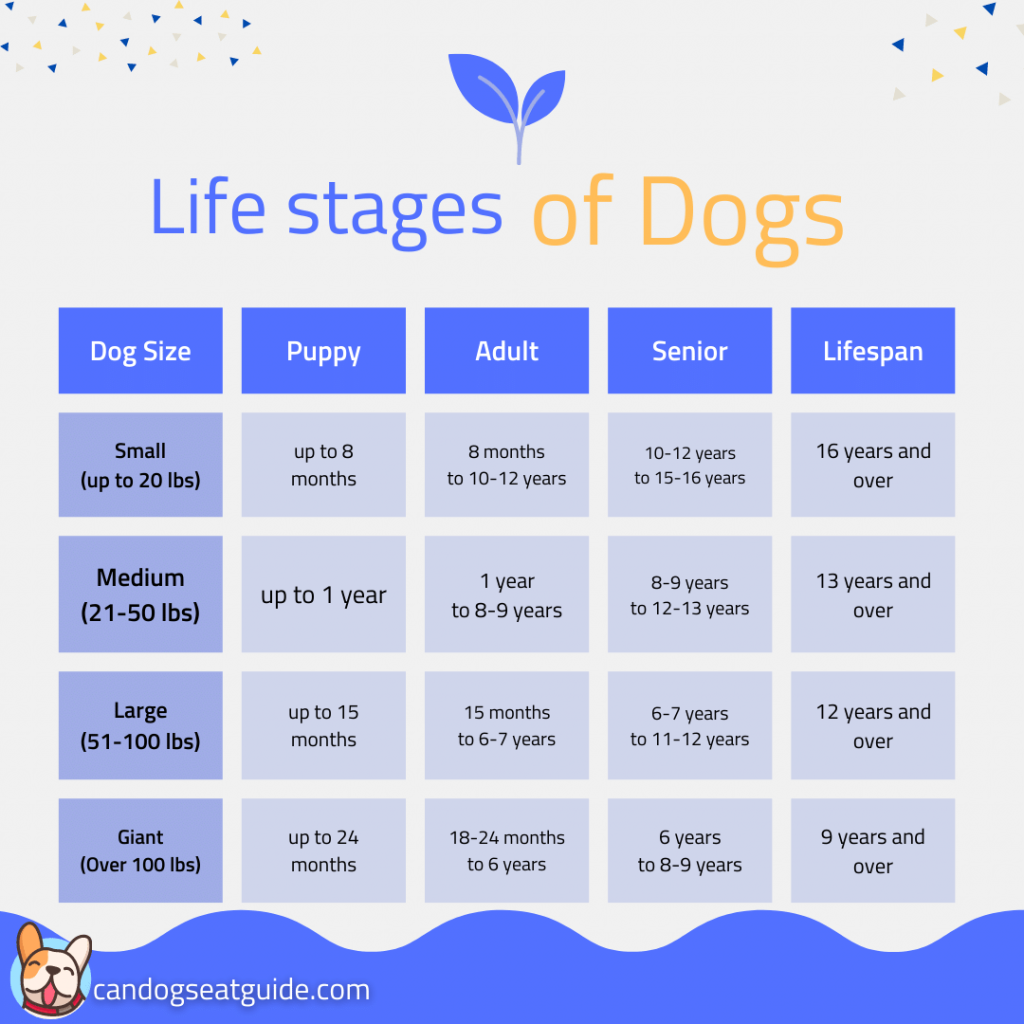
Although it will be exciting for you to go through these changes with your puppy, you shouldn’t do it fast, you should consult with your vet. And most important look for the signs your puppy is giving. Is it ready to switch the food or needs a bit more time?
How to Switch Puppy Food to Adult Dog Food?
As puppies are growing they will need fewer nutrients than they did as babies. That’s why the switch between food is needed.
The change should start slowly.
How?
You should mix the puppy food with adult dog food.
50-50?
No, no. Decrease the amount of puppy food by 10-20% and include 10-20% adult dog food. Do this for 2 days but look for signs of intestinal problems. If your dog has some problems, maybe it’s still early for the switch or the adult food is not good for your dog.
If everything goes fine, then after these 2 days, you can increase adult food by another 10-20%. You should keep going until 100% adult dog food. Usually, this change takes a week, but for some dogs with sensitive stomachs, it can take more.
Conclusion
Puppies shouldn’t eat adult dog food as it can stress their bodies and decrease or stop their growth rate. Puppies need to eat puppy food while adult dogs need adult food. Both of them need different amounts of nutrients.
Food for “all life stages” won’t be good for puppies that require less or more than other puppies, especially for puppies with some health problems.
Let us know when you switched puppy food to adult dog food and how much time it took for your dog. If you have any unanswered questions, just ask in the comment section.

